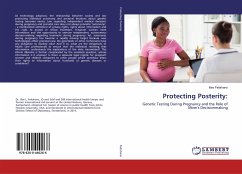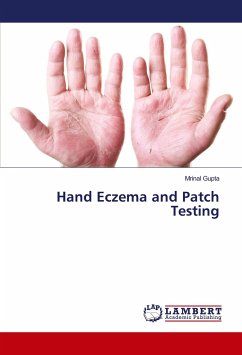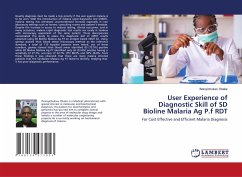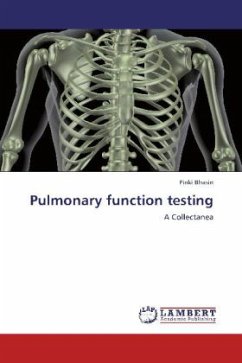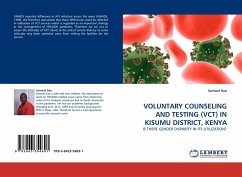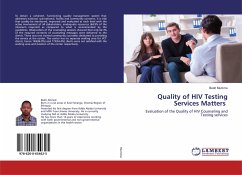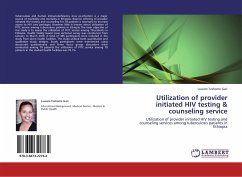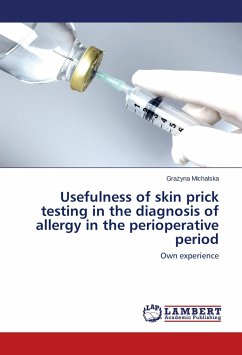As technology advances, the relationship between society and law protecting individual autonomy and personal decisions about genetic testing becomes murky. Law regarding independent medical decisions during pregnancy and prenatal care does not always promote "autonomy"-- a multifaceted admixture of privacy rights, rights about information and the right to accept or refuse treatment. Pregnant women need information and the opportunity to exercise independent, autonomous decision-making regarding treatment during pregnancy. Yet, autonomy during pregnancy has become a rapidly moving target because new technologies affect prenatal care. Do geneticists or other technicians have any obligation to disclose risks? And if so, what are the obligations of health care professionals to ensure that the individual receiving that information understands the implications of the data transmitted? This ethical dilemma is further complicated by the unsolved question, whose information is it anyway? Is there a separate legal regime for pregnant women and children compared to other people which somehow alters their rights to information about hundreds of genetic diseases or conditions?
Bitte wählen Sie Ihr Anliegen aus.
Rechnungen
Retourenschein anfordern
Bestellstatus
Storno

